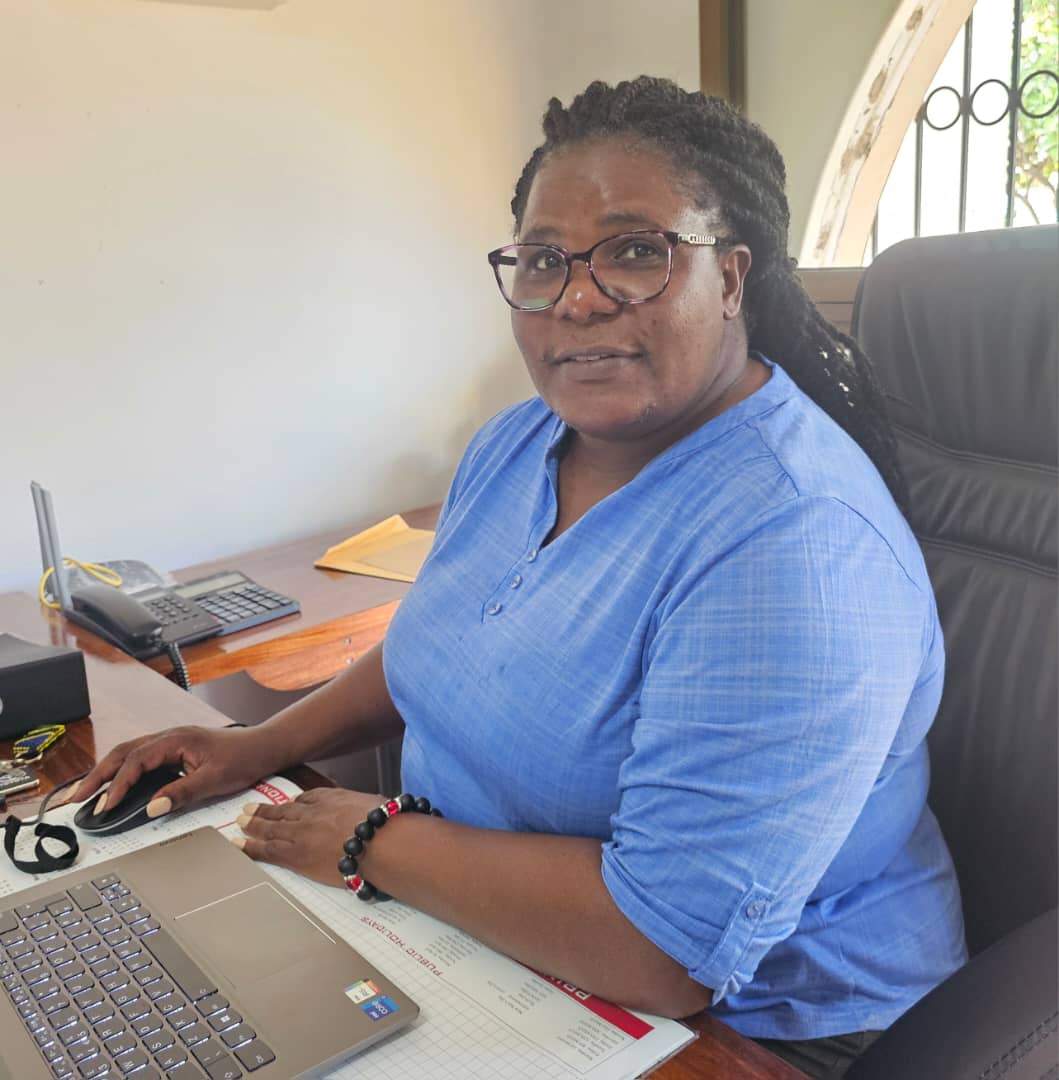PRESS STATEMENT PRIORITISE ENVIRONMENTAL PROTECTION AND PROTECT THE FUTURE
Notice: Undefined index: catFilterList in /home/zambi/public_html/wp-content/plugins/wp-likes/api.php on line 243

Faides TembaTemba
Wednesday 5th June 2024
PRESS STATEMENT
PRIORITISE ENVIRONMENTAL PROTECTION AND PROTECT THE FUTURE
ACTIONAID Zambia joins the rest of the world in commemorating the 2024 World Environment Day themed “Our Land, Our Future” with a strategic theme “Accelerating Land Restoration for Drought Resilience in Zambia”.
Today, 5th June 2024 marks one of the most important historical dates in the antiquity of humans and the environment.
ActionAid Zambia reflects that the theme is timely as the Zambia continues to grapple with the impacts of the El Nino drought affecting agriculture, water, livestock, and energy mainly for small-holder farmers who produce 90 percent of Zambia’s national food basket, that majority Zambians depend on.
Unfortunately, the government through the Ministry of Agriculture estimates that 50 percent of planted maize in the 2023/2024 farming season has been destroyed, impacting a million households. As a result, 84 out of 116 districts in Zambia, 7 provinces out of 10 have been severely affected by the current drought emergency. The affected provinces are Lusaka, Central, Western, Copperbelt, Eastern, North-Western, and Southern Provinces.
The drought emergency has led to an energy crisis, resulting in power blackouts of up to 12 hours in day. In view of the foregoing, ActionAid proposes that measures should be put in place to manage the effects of energy loss on the socio-economic status of the vulnerable groups.
The Government should also consider interim measures aimed to ensure stable power supply to Micro, Small, and Medium Enterprises (MSMEs) which accounts for 97 percent of all businesses, 70 percent of the nation’s GDP and 88 percent of employment such as hair salons, skills shops, creative studios, and food cafés among others. The El-Nino wave is expected to persist into 2025 scientists warn, thereby affecting rainfall intensity across Southern Africa.
Furthermore, the Disaster Management and Mitigation Unit (DMMU) estimated that 6.6 million people are currently affected and are facing food shortages in 84 districts due to significant rainfall deficits. It is very clear that as a country we must not continue to do business as usual as the drought demonstrates that “Nature has Spoken louder for the present and the future”. We must, therefore, examine our actions as a country in terms of how we live, produce, and invest in the environment.
The growing hunger situation has increased vulnerabilities for the already vulnerable and poverty-stricken communities leading to poor nutrition, as some are feeding on salt as relish and in many cases going for days without food or a meal. This in turn has increased negative coping mechanisms manifesting through various forms of Sexual Gender Based Violence (SGBV) such as teen pregnancies, prostitution, and child marriage, unsustainable environmental practices such as excessive tree cutting for charcoal production all in a bid to make ends meet.
ActionAid Zambia urges the government and other key stakeholders such as financial institutions to re-cast efforts into sustainable models of natural resource management such as agroecology and clean energy solutions such solar energy. The government must seriously take climate action beyond rhetorical and ceremonial speeches to acting but also take expert opinions from technocrats and avoid the view that they are mere political sentiments. For instance, the government should have taken a proactive role in mitigating the adverse impacts of the El-Nino wave by acting on the projections and recommendations given before the drought. If the government had made serious consideration on the projections, the severity of the situation would have been minimized to some extent.
ActionAid Zambia has been promoting the use of sustainable agroecological practices such as diversification, integrated pest management, provision of Water Sanitation and Hygiene facilities water through bole upgrades or installation, and the use of clean energy alternatives to building the resilience of the communities, especially among women, children, and youth and use of clean energy targeting women, Children, and youths.
We recommend that government must consider adequate investments in alternative energy sources. The Zambezi River Authority continues to mourn the continued reduction of water levels in the Kariba dam as of May 2024 hence alternative energy. Furthermore, the government can do the following to manage future occurrences:
• Enact the Comprehensive Agriculture Transformative Support Programme (CATSP) policy and the implementation plan with the view of supporting and protecting small-holder farmers and promoting agroecology.
• Enact the climate change bill and the National Climate Change policy.
• Through budget consultations for 2025, increase budgetary allocation to environmental protection as well as the agriculture sector.
• Demonstrate the application and use of the ever-paid Carbon Taxes to climate action interventions.
•
In conclusion, the ongoing drought should serve as a pivotal lesson for our nation, transcending political divides to tackle crucial economic, social, and developmental challenges. ActionAid Zambia urges swift and resolute measures to confront the crippling drought crisis engulfing the country. With millions facing acute food shortages and severe impacts on their livelihoods, it is imperative that the government takes swift measures. We strongly advocate for the enactment of transformative agricultural policies, the enactment of the climate change bill, and substantial increase in budgetary allocations for environmental protection and agriculture in the 2025 national budget.
SIGNED
Faides TembaTemba
COUNTRY DIRECTOR-ACTIONAID ZAMBIA





















